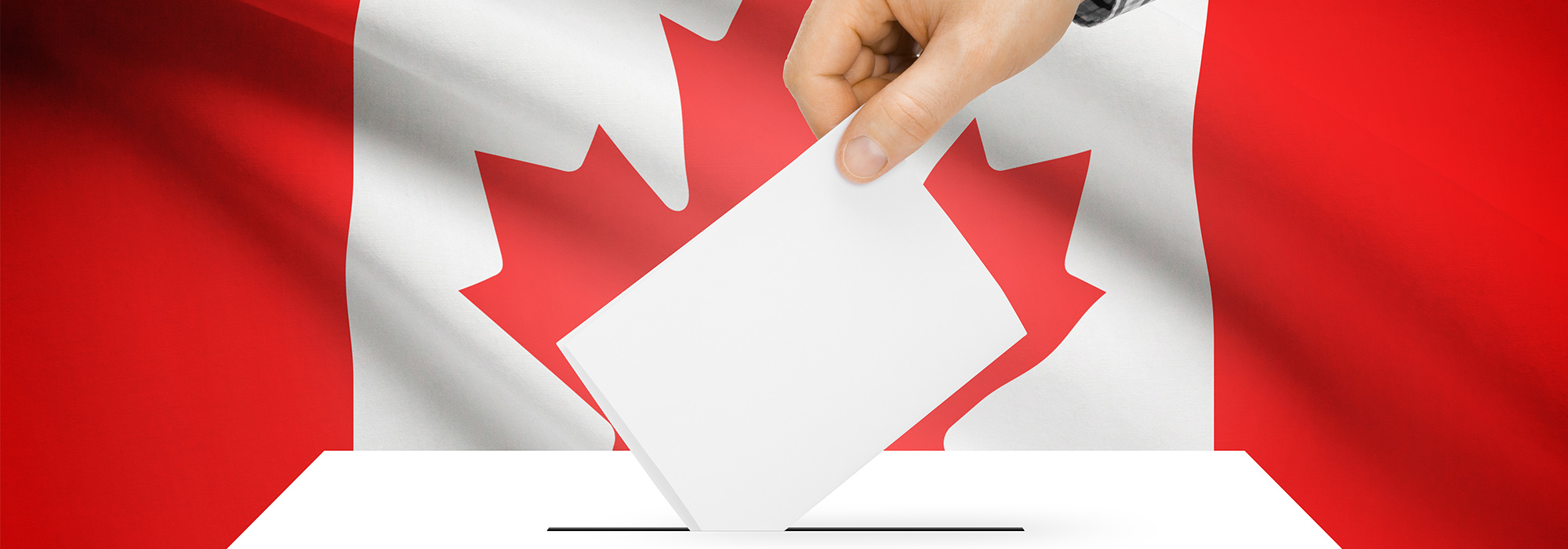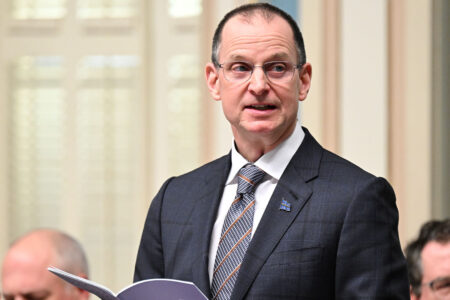
“But you promised!” screeches the four-year-old. “You promised we’d get ice cream today.” A parent’s nightmare: a pledge, made with the best intentions, derailed by an unexpected turn that makes a trip to the ice cream shop impossible. Rational explanations to the four-year-old are pointless. All the child can see are broken promises. Deceit! Lies!
There is a touch, sometimes, of that sweet-starved four-year-old in Canadian voters.
During an election campaign, no party leader or candidate seems able to resist making promises. “If elected, I will… (fill in the blank),” they all say. It’s a game politicians and voters have played for a long time, one for which both sides should know the rules. As voters, we demand to hear it. What will you do if we give you the keys?
The result is a compendium of “read my lips” vows gone astray. Never harmonize the PST? Ask Christie Clark how that turned out. Never get rid of income trusts? Stephen Harper knows a bit about that. How about never raise taxes or cut program spending? That’s Alison Redford’s burden now that Alberta’s fiscal house of cards has collapsed.
But shouldn’t Canadians be mature enough to understand that a politician’s election promise is actually little more than a good intention? Sure, it sounds weak for a candidate to say “I intend to avoid spending cuts.” A bold promise sounds better on the six o’clock news. But what if circumstances change? Should an election promise be fulfilled regardless of new conditions that arise?
That’s the nasty conundrum facing Alberta’s Conservative government as it tries to make the public treasury’s ends meet. The party campaigned on a commitment to not raise taxes, while vowing to continue spending on education, health care and infrastructure. But not even a year into its mandate, oil royalties have tumbled, making it mathematically impossible to fulfill both commitments without taking on new debt.
Looking for a way to exit from this corner, Redford called the Alberta Economic Summit of economists and academics in February. Many of the economists on the panel suggested the government consider a sales tax, something that Alberta has never had, and which many say would be a suicidal step. And sure enough, one speaker from the Canadian Taxpayers Federation stomped his feet at the talk of a sales tax, because the government ”has no mandate” to impose one.
Yet doesn’t winning a majority of seats in a general election give a government the mandate to govern the best way possible in the real world? Governments cannot be held hostage to every detail of their platform. They must be able to swallow deeply and make smart and responsible decisions in light of ever-changing circumstances. If voters feel deceived, they retain the ultimate authority of censure: turf them out in the next election.
All the shrill voices on both the left and the right about ”mandates” and ”promises” threaten to sidetrack good policy-making. We should expect governments to outline their priorities and intentions during the campaign, but then allow them to govern responsibly.
Alberta is once again facing new circumstances. It’s fair enough to argue the government should have seen this coming, but Redford’s is not the first (and probably won’t be the last) government in this province to miscalculate energy pricing and revenues. This dose of fiscal reality has to evict us from the fool’s paradise in which we’ve been living for decades. Redford’s government is faced with extremely difficult choices: raise taxes or cut spending. Both are unpopular, and both require her to break an election promise.
What will it be? It’s not enough to say “You promised us ice cream, Premier Redford.” It’s not enough to throw a temper tantrum because the sacrifice-free scenario that Albertans willingly subscribed to by electing her (with a majority, no less) is no longer viable.
Like four-year-olds, many Albertans seem incapable of understanding the difference between a promise and an intention. And that naïveté is now drowning out any sensible talk of solutions.
Photo: Shutterstock by Niyazz








